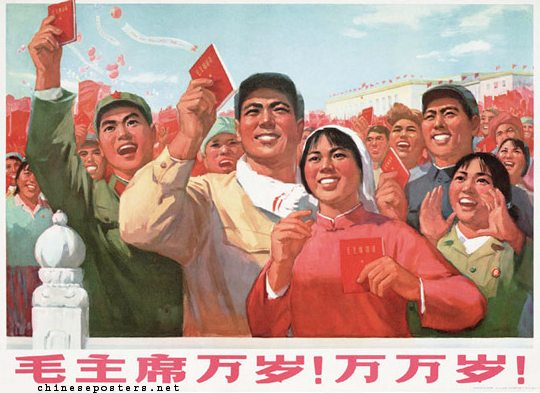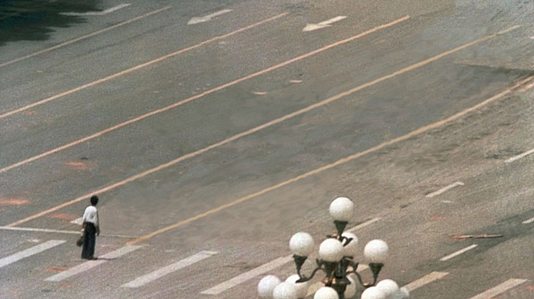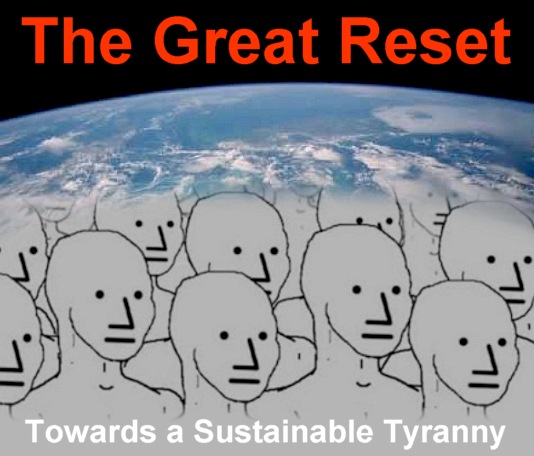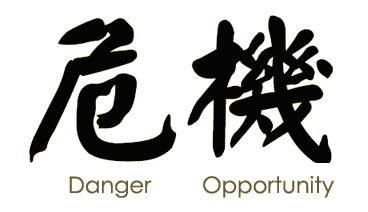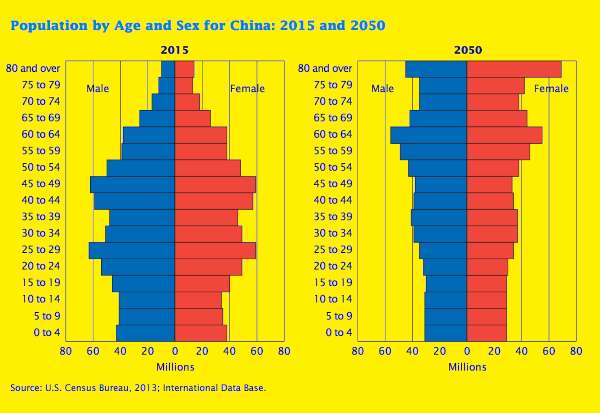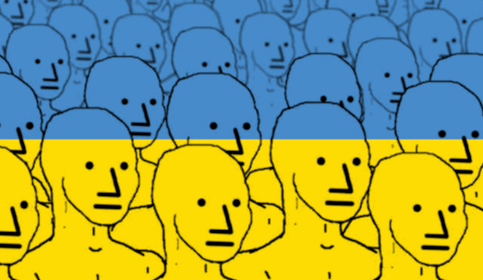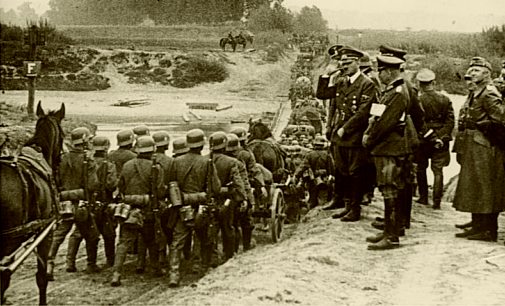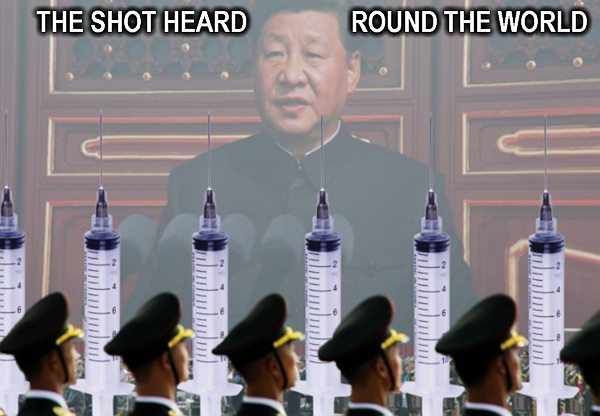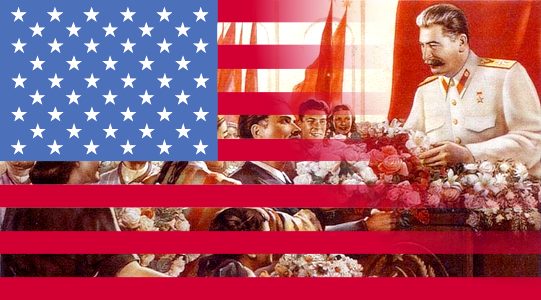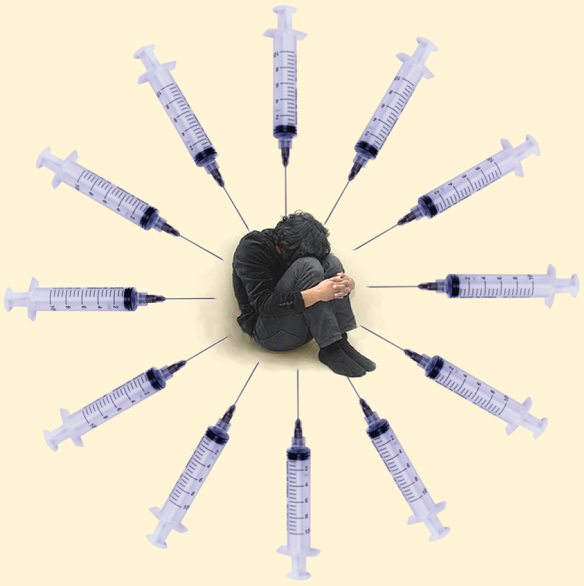
Over the last three months or so it has become quite clear that the Western alliance has decided to commit energy suicide in order to continue to wage its lunatic proxy war against Russia in Ukraine. Russia and China are being strengthened by the West’s foolhardy sanctions against Russia, and Europe will be impoverished as it shivers in the dark this coming winter.
The following article explains in detail what is happening in the worldwide energy markets, and especially in Europe. Many thanks to LN for translating the German-language text from the Swedish site Poddtoppen:
For the West, the day of reckoning comes in winter
by Rainer Rupp
September 2, 2022In my Daily Dose last week, I briefly discussed an article by the British professor Helen Thompson published in the Financial Times (FT) on August 19, 2022. Ms. Thompson teaches political economy at the University of Cambridge and is no stranger to the subject. The neoliberal-oriented Financial Times is an organ of the business world read around the globe. Politically, the FT usually follows the British government line and is behind the particularly close relations between London and Washington. This was also expressed in its previous coverage of Russia and Ukraine, in which it follows a strictly anti-Russian course, along the lines of Ukraine-must-win. And that is precisely why Prof. Thompson’s article in the FT has attracted so much attention everywhere.
The sober realism with which Prof. Thompson analyzes the Ukraine crisis, omitting the politically correct anti-Russian bias, is what makes her article so exciting. For it breaks not only with the Financial Times‘ previous line, but also with the mantra constantly repeated in Germany that Russia’s economy is down because of Western sanctions. As alleged proof of this, the public propaganda organs of the German government had recently once again calculated for us that the slump in Russia’s gross domestic product GDP in the first half of 2022 was many times greater than in Europe or Germany.
Of course, the sudden withdrawal of hundreds of Western companies from Russia and the disruption of supply chains had a shock effect on the Russian economy. In March 2022, initial projections expected GDP to slump by as much as -14% for the current year. In the meantime, this bad news has been corrected to -4% percent, because inflation in Russia has fallen rapidly just as the high key interest rates of the Russian Central Bank have, the currency is super-stable, the manufacturing economy has recovered and in many sectors is already back at the level it was before the Russian special operation in Ukraine began.
Optimism reigns in Russia’s economy; new sources of supply have been found; the stores, factories and service providers abandoned by Western companies have found successors to carry on the business of IKEA, McDonald’s hamburgers, Coca Cola and hundreds of other companies. These successors come either from Russia or from friendly foreign countries such as China, Turkey or India. Recently, for example, an Indian food company took over a supermarket chain “For a penny and a pound” in Russia from which a Western company had withdrawn at a loss due to Western sanctions.
The joy of the Western economic warmongers over the collapse of Russian car production in the first months of the sanctions was also short-lived. That’s because the Russians were able to replace the microchips that had previously been supplied by cooperating Western car companies with supplies from China. A few weeks ago, Russian car production returned to its “pre-economic war” level. At the same time, the withdrawal of Western car producers has helped the good and inexpensive small and medium-sized cars from China to break through into the Russian market.
The public propaganda organs of the German government do not report on all this, because that would only illuminate another side of the EU’s bottomlessly stupid suicide sanctions. For the Western sanctions are anything but sustainable. They have only caused a short-term shock. Everything Russia has obtained from the West it either doesn’t need or can get elsewhere. The Russian population can live quite well without French cheese or Parma ham from Italy or cosmetics and luxury items from Dior. And technical products, spare parts, etc. can be produced by the Russians themselves — albeit at higher cost — or they can have them produced cheaply in China. Western technology can also be ordered on short notice from friendly third countries such as India and in Central Asia. This transition takes time but, overall, Russia has managed it so far with flying colors.

